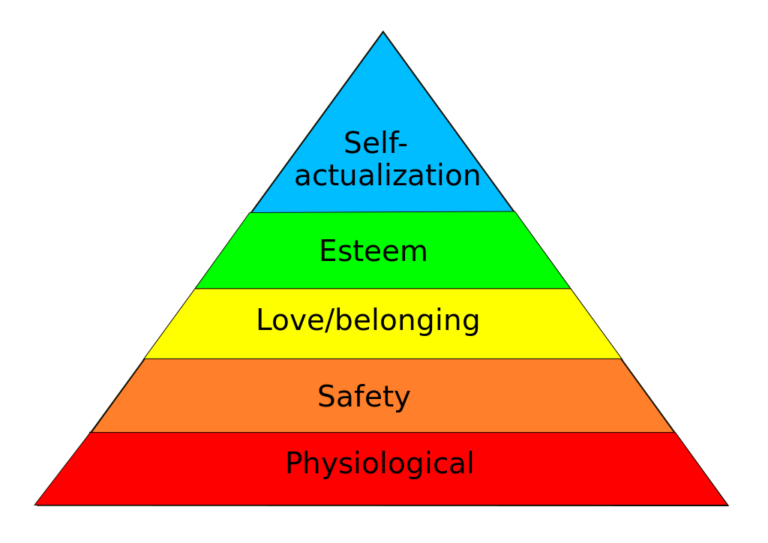Pomegranates for Sale (A Work of Fiction)
 Sarah Tuttle-Singer is an LA expat growing roots in Israel where she lives with her two kids in a small village with a breathtaking view of rolling fields and endless sky. Sarah is a Contributing Editor at Kveller.com, the New Media Editor at The Times of Israel, and has written for several sites including The Times of Israel, Scary Mommy, Hevria, TIME.com, Jezebel, and Ladies Home Journal.
Sarah Tuttle-Singer is an LA expat growing roots in Israel where she lives with her two kids in a small village with a breathtaking view of rolling fields and endless sky. Sarah is a Contributing Editor at Kveller.com, the New Media Editor at The Times of Israel, and has written for several sites including The Times of Israel, Scary Mommy, Hevria, TIME.com, Jezebel, and Ladies Home Journal.
“You’re so lucky I am here to guide you, to protect you in this part of the city,” her friend had told her ten seasons past, while they walked through a wind-rubbed Muslim Quarter deep into December.
He said this when she pointed to words in Arabic written in blood-red paint, the letters drip-dried over old stone. “In this part of town, you never know,” he continued, “if Hamas or Islamic Jihad or even a salafi, perhaps, is close by and writing on walls.”
“What does it say?” she asked, as she glanced over each shoulder, right and left, afraid.
“It says Death to the Jews,” he replied. “But don’t be afraid. You’re with me and I will tell you everything you need to know to be safe.”
And small in the shadow of the stone and of the man who knew so much about this place, she believed, and would never pass that way again.
“We can’t go this way,” she would then say to others as the months passed into two years. “There’s a sign that says Death to the Jews. So it surely isn’t safe along this road.”
But then she learned the letters for herself, the dips and bends of the Arabic script carved in buildings and written on signs. She learned the names aren’t so different, its elementary, really : Alif Ba, (like Alef Bet).
Through rockets falling and a war, she traced her fingers line by line.
And she learned to say hello in this language, too, and how to get beyond the price of pita, or black coffee, until she forgot to be afraid and ended up again in that same bend of alley space beside that writing, and startled, she looked up:
The words in red had not faded in the least.
Still sanguine stark on stone, as when she had passed them on that winter day ten seasons before.
But all alone and unafraid, she read them for herself this time:
“Five shekels a kilogram. Pomegranates for sale.”
And she laughed until the tears came, at the sweetness she had missed.
This story is a work of fiction – it didn’t happen, but it could. So much of the history and the politics of the Israeli Palestinian conflict is shaped by fear — some real, yes… But some imagined. And until both sides learn the language of the other, we cannot hope to be on the same page.
For more on language as dividers in conflict, please read:
- “Language and Conflict Resolution.” by Raymond Cohen [PDF]
- “Condemnation is not enough. We need change.” by Sarah Tuttle-Singer
Posts by guest authors reflect their own views and opinions, and not necessarily the views and opinions of the Institute for Civility in Government.


